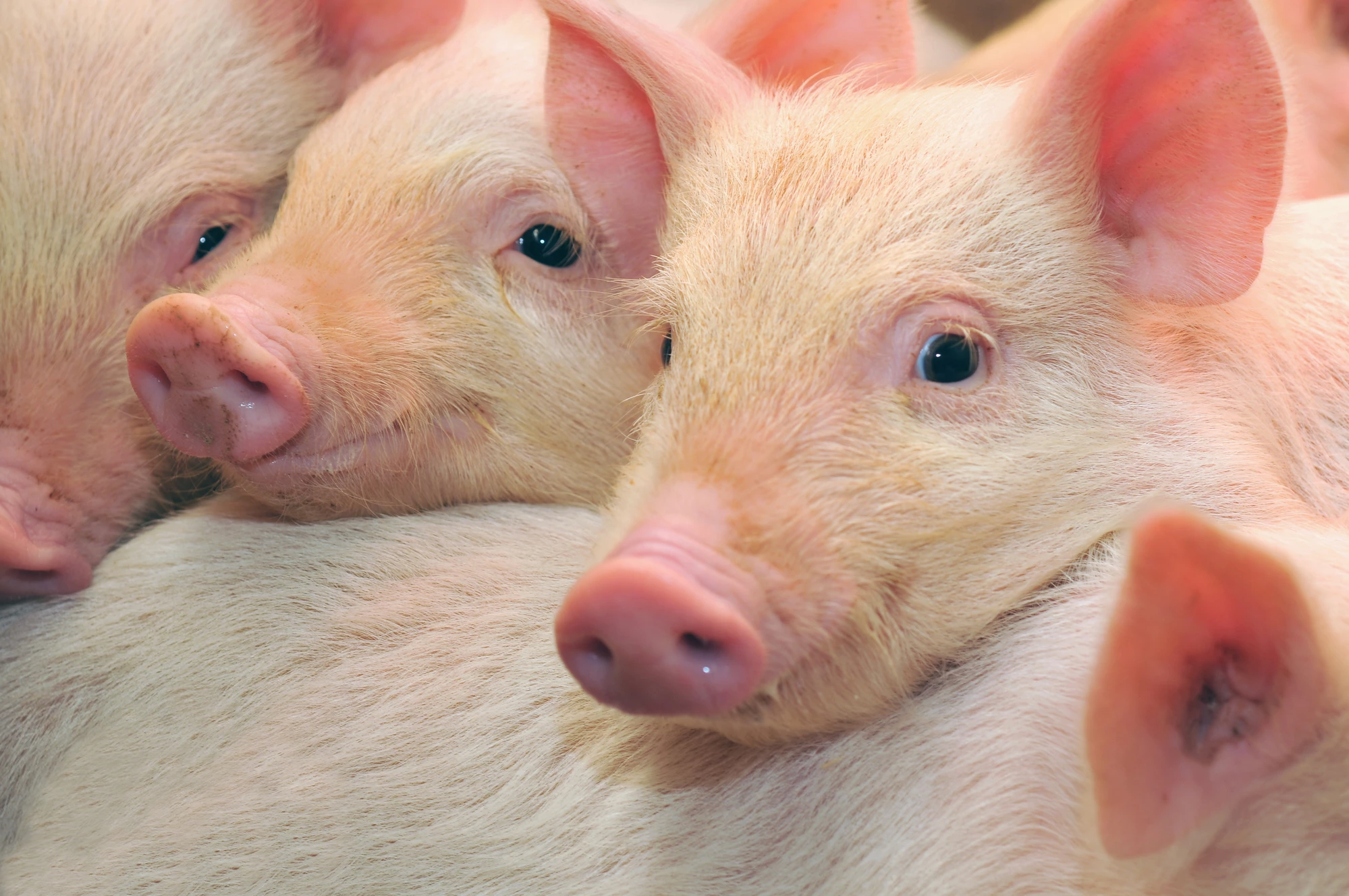A team led by researchers at the University of Tokyo has shown that feeding pigs on the waste barley waste left over from the distillation of the Japanese liquor shochu makes for more relaxed pigs and results in tastier pork.
If you're the sort of person who enjoys a glass of wine with dinner, you're not alone. It turns out that pigs also enjoy a bit of a mealtime tipple, although in the form of distillery leftovers.
Shochu is a distilled alcoholic beverage that's been around for about 500 years but has yet to find a large following outside of Japan. With an alcohol content of between 20 and 40 percent, it's stronger than wine or sake, and weaker than whiskey and other spirits. Athough it is often called "Japanese vodka," the two drinks have little in common.
Coming in a number of different varieties, it's made from a mash consisting of barley, potatoes, rice, wheat, sweet potatoes, and other starchy ingredients that is allowed to decompose with mold, then fermented with yeast before being strained and distilled multiple times. The result is a clear spirit that can be drunk neat, warm, hot, with ice, or mixed in a number of ways.
Another result is the leftover mash that is currently disposed of as industrial waste. However, a recent study, which was conducted by professional brewers and agriculturalists, sought to uncover a more practical use for the waste product. Essentially, the research focused on a very old recycling technique.
There's a popular idea among those who spend very little time on farms that livestock are fed mainly on foods that humans could eat just as well, but a surprising amount of many farm animal diets actually consist of foods that are unfit for human consumption or even impossible for humans to digest. For example, cattle are often fed on oil cakes leftover from processing rapeseeds and many pigs depend on slops from restaurants and food processing plants that would otherwise end up in a landfill.
In the case of shochu, the idea is to reduce carbon dioxide emissions that often result from methods used to dispose of the waste mash, as well as cut farmer and brewer costs, by turning the mash into feed. However, it turns out that the mash also makes for more contented swine.
For the study, the researchers fed six pigs aged three to six months on a standard diet into which was mixed a supplement of shochu distillation remnants consisting of a dried mixture of barley, mold and yeast. They found that the test pigs had higher levels of IgA antibodies in their saliva, indicating that they were healthier than the control group of pigs just fed the standard diet.
In addition, the test pigs had lower levels of the stress hormone cortisol in their systems, indicating that they were more relaxed. One reason for this is that barley shochu has high levels of two protein building blocks called leucine and histidine peptides, which are linked to lower stress levels. A similar lower stress response was seen in mice who, when fed on the supplement, returned to normal behavior faster after being exposed to a stressful situation.
The result of this is something that is also familiar to many farmers. Since the pigs were less stressed, they produced higher quality meat, especially sirloin and filet cuts. Blind taste tests demonstrated that the shochu pork had better umami, tenderness, juiciness, and flavor. However, this was not because the test pigs were plumper.
"We saw no difference in the pigs' weight gain between the two diets and the pigs were slaughtered at the standard six months of age, meaning any difference in the quality of meat was not because of a difference in the quantity of fat," says Associate Professor Junyou Li from the University of Tokyo.
According to the team, the more likely explanation is that there was a chemical difference in the meat due to a higher percentage of oleic acid, which is an unsaturated fatty acid linked to improved levels of healthy LDL cholesterol. On the culinary side, the fat also had a lower melting temperature, which the team says results in the meat having a melt-in-your-mouth texture.
"Kyushu, in Western Japan, is well-known historically for making shochu and for its many pig farms," says team leader Yasuhisa Ano. "We hope collaborative research projects like ours can directly benefit the local community and global environment."
The research was published in Food Chemistry.
Source: University of Tokyo






